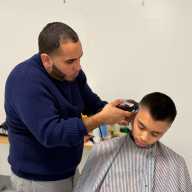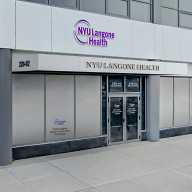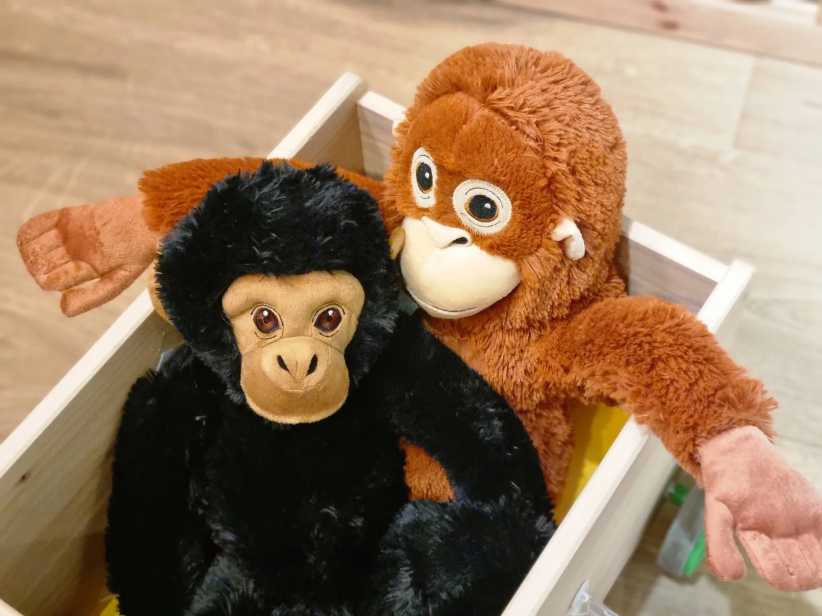On the day of Yom Hashoah, the Holocaust Remembrance Day, on Thursday, May 5, residents filled the Country Club’s VIP Room to pay tribute to the six million Jews who were killed during the Holocaust.
Following opening remarks by Towers resident and Holocaust survivor Manny Werdiger, an invocation was given by Rabbi Michael Klayman of the Lake Success Jewish Center.
“I was asked to give an invocation, but what words could I invoke with any meaning for any of you? You see, so many here tonight felt Hitler’s hand, either directly or indirectly,” Klayman said. “Almost all of you lived through one of the darkest, if not the darkest, eras in Jewish history, and certainly one of the darkest eras in human history. You appreciate the pain, the struggles, and the trauma more than I can ever imagine.”
Klayman went on to discuss the importance of survivors sharing their stories. He encouraged people to speak to their children, grandchildren, and great-grandchildren about what happened.
“Tonight we memorialize the dead but honor all the survivors. I believe their mere act of living is an act of courage,” Klayman said. “May our young people learn the true meaning of life through you and your stories.”
In memory of the six million Jews who were killed during the Holocaust, Debbie Radzanower, Jacqueline Wolgel, Sidney Nordhauser, Olga Vladimirov, Jolana Dienstag and Henrietta Edelman lit six candles. Ilona Werdiger and Roslyn Gold also lit 15 smaller candles to represent the 1.5 million children who were killed during the Holocaust. Also in memory of the lost children, Eneas Arkawy read the poem “The Butterfly,” which was written by a prisoner of Theresienstadt.
The program featured speaker Ilse Kagan, a Great Neck resident who made it to England during the war through the Kindertransport. She and her older sister both went on it, and her father was its leader, although he was required to return home afterwards.
Kagan was 11 years old when they prepared to leave on May 3, 1939.
“The mothers and fathers, aunts and uncles, were the real heroes of that day. For us children, there was always an underlying sense of adventure,” Kagan said. “To this day I’m really haunted by the sight of my unmarried Aunt Frieda, for whom we were her children in a way, run along side the bus with tears streaming down her face.”
Once in England, Kagan and her sister were taken to separate homes in the country to stay with foster families. Kagan said that the first night was very difficult for her.
“I must have cried an awful lot in my sleep because it woke me up,” she said.
Kagan’s parents were later able to get visas to come visit their children and take a summer course at London University. The visas expired two days after England entered World War II, so they were unable to leave. Because of the labor shortage and their status as “friendly aliens,” they found work.
In 1943, Kagan joined her parents at the hostel in England where they were working. She went on to complete a degree at Oxford University and later moved to the United States to join the rest of her family. Kagan has two children and five grandchildren.
A brief video on the Kindertransport was aired after Kagan’s remarks.
During the presentation, music was performed by pianist Eddie Fleishman.
Refreshments were provided courtesy of the Charles H. Greenthal Property Sales team.





























